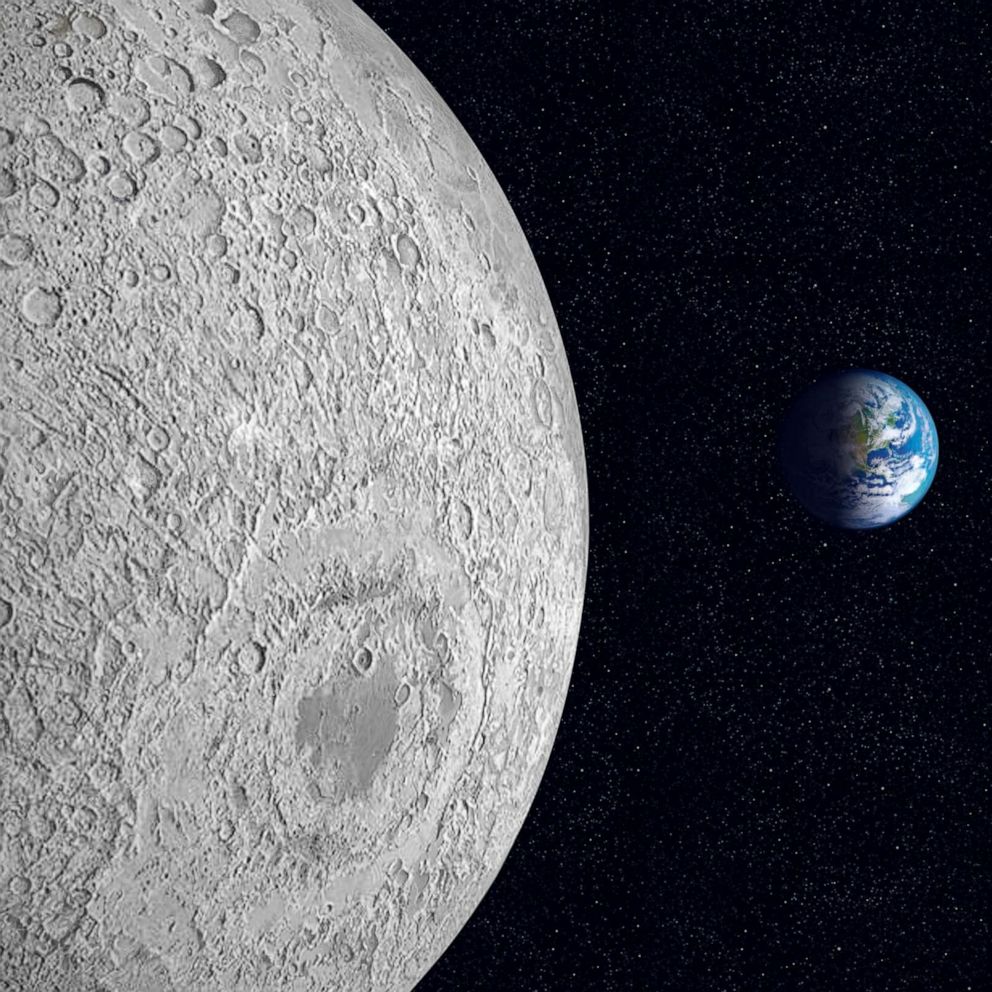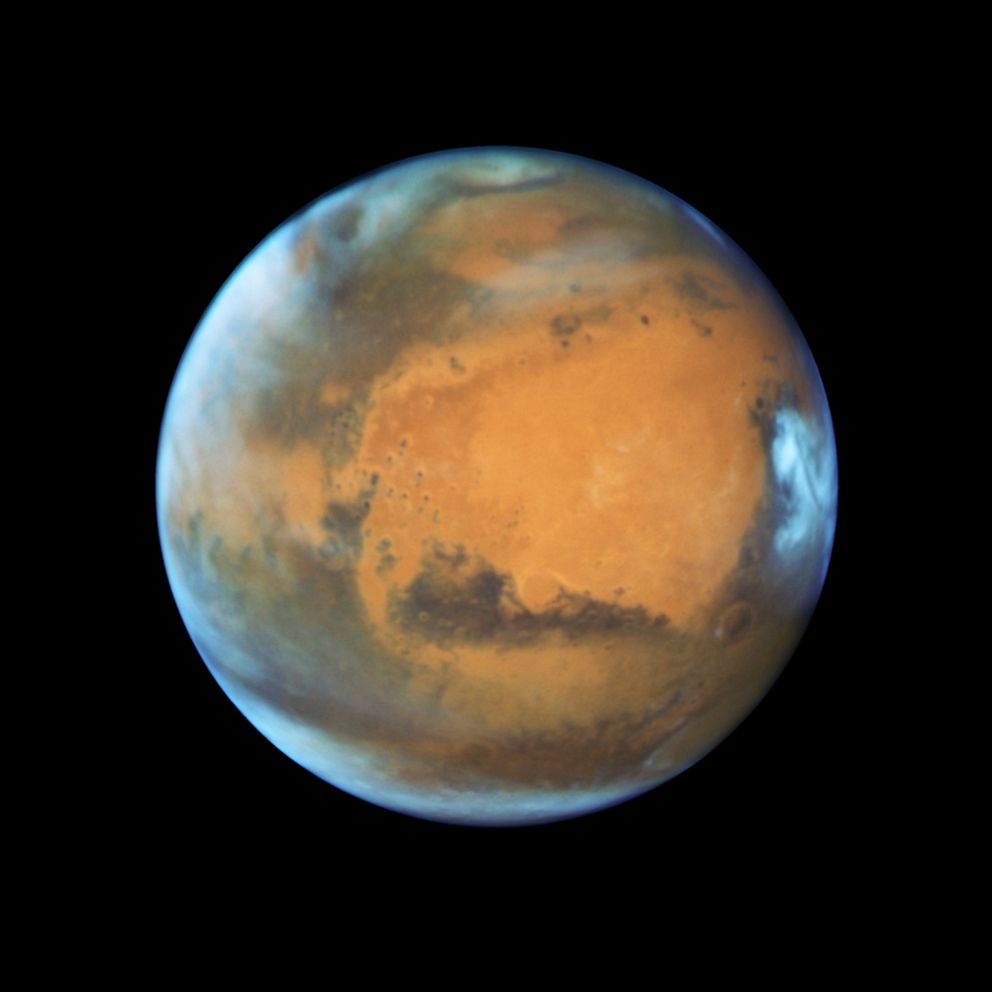How to watch the 5-planet alignment: Jupiter, Mercury, Venus, Uranus and Mars
A five-planet alignment will be visible in the night sky on Tuesday.
Don't miss your lucky chance to see the stars -- or planets -- align.
A five-planet alignment of Mercury, Jupiter, Venus, Uranus and Mars will be visible in the night sky on Tuesday, March 28.

Bill Cooke, who has a Ph.D. in astronomy and heads NASA's Meteoroid Environment Office at the Marshall Space Flight Center, spoke to "Good Morning America" about the best ways to catch this upcoming alignment.
He said to grab a pair of binoculars and head outside right after sunset in order to see Mercury and Jupiter, which will be the closest to the western horizon.
"Perhaps the hardest to see with your eye will be the planet Mercury, [which] will be the one closest to the horizon, and right beside it will be a brighter object, planet Jupiter," said Cooke, who added that the next planet, Venus, will probably be the brightest planet to spot, whereas Uranus, a green star, can be hard to see with an unaided eye.
"Of course, the capper will be the moon, which will be halfway lit up just above Mars. So you'll get five planets and the moon," he said.
Each planet in our solar system, excluding the now-relegated Pluto, shares the same orbital plane. During a planetary alignment, the planets will appear to "bunch" on the same side of the sun -- forming a line but appearing as an arc since the sky "is like a dome," according to Cooke.
Cooke said planetary alignments happen every few years, but the configurations vary. The last planetary alignment was a four-planet alignment on Dec. 28, 2022.
"You're worrying that planetary alignments are rare, but honestly we get one every couple of years. It may involve four planets, or it may involve five planets, but planetary alignments -- they can put on a show," Cooke said.
However, if you miss your chance on March 28, Cooke said to just wait until Sept. 8, 2040, for the rare alignment of Mercury, Jupiter, Venus, Saturn and Mars.
"All of them will be visible within 10 degrees and that'll be pretty darn impressive," he said. "I'm always partial to Saturn because of the rings, right? I mean, who can resist?"







